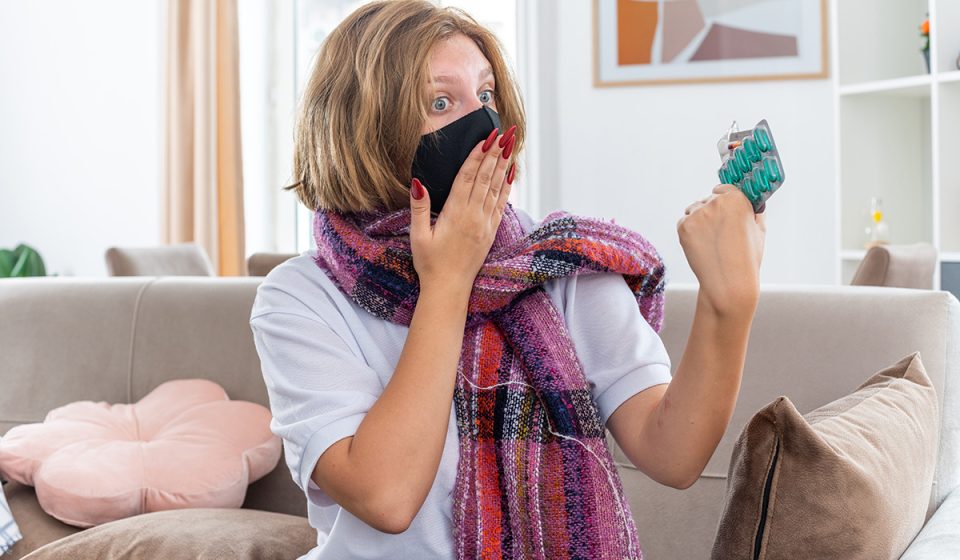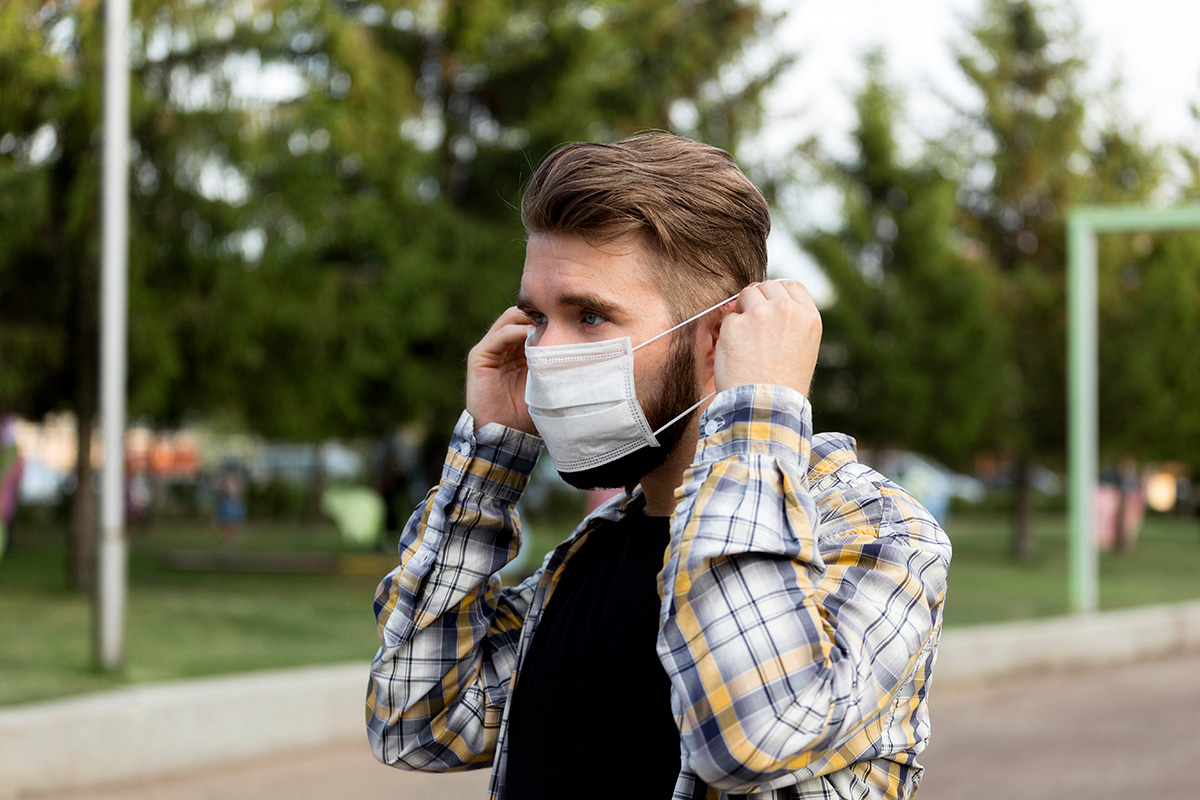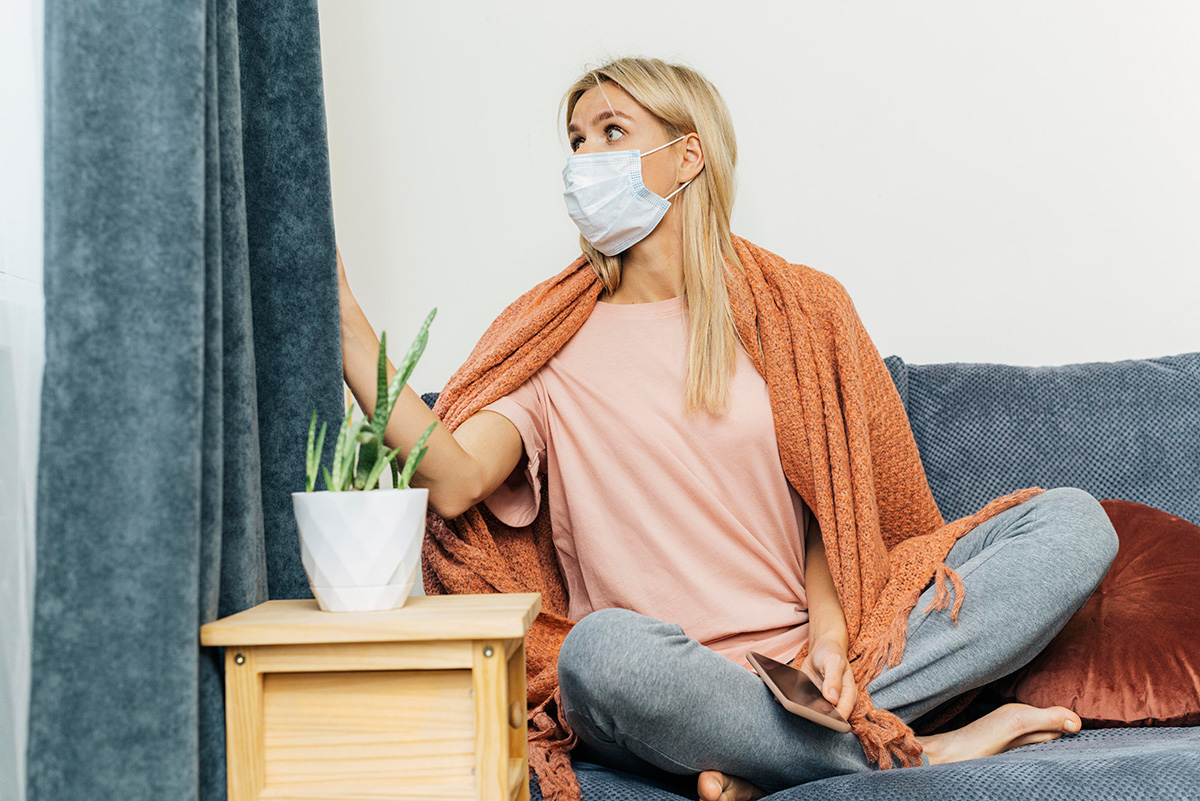
Human Metapneumovirus (HMPV): Symptoms, Causes, Diagnosis and Treatment
When it comes to respiratory illnesses, many people are familiar with influenza and respiratory syncytial virus (RSV). However, Human Metapneumovirus (HMPV) is another important virus that often flies under the radar, despite causing significant respiratory infections in people of all ages, especially young children, older adults, and those with weakened immune systems.
Table Of Content
Understanding the symptoms, causes, diagnosis, and treatment of HMPV is essential to managing and preventing serious complications.
What is Human Metapneumovirus (HMPV)?
Discovered in 2001, Human Metapneumovirus is a respiratory virus that belongs to the Paramyxoviridae family — the same family as RSV and measles. It primarily infects the upper and lower respiratory tracts and is now recognized as a leading cause of respiratory infections worldwide.
HMPV infections are seasonal, often peaking in late winter and spring, similar to flu and RSV patterns.
Symptoms of HMPV

The symptoms of HMPV can vary from mild to severe and closely resemble those of other respiratory viruses. Common symptoms include:
- Cough
- Nasal congestion
- Runny nose
- Sore throat
- Fever
- Shortness of breath
- Wheezing
- Fatigue
- Loss of appetite
In more severe cases, especially among infants, older adults, and immunocompromised individuals, HMPV can lead to:
- Bronchitis
- Pneumonia
- Asthma exacerbations
- Respiratory distress
Causes and Risk Factors
🦠 Viral Transmission
HMPV spreads mainly through:
- Direct contact with respiratory secretions (coughing, sneezing)
- Touching contaminated surfaces and then touching the mouth, nose, or eyes
🏥 High-Risk Groups
Some groups are more vulnerable to severe HMPV infections:
- Infants and young children (especially under 5 years old)
- Older adults (over 65 years)
- Individuals with weakened immune systems
- People with chronic lung or heart diseases
Diagnosis of HMPV
Diagnosing HMPV based solely on symptoms can be challenging because it mimics other respiratory infections. Healthcare providers use several methods for confirmation:
- Nasopharyngeal swab tests to collect samples from the nose and throat
- Polymerase Chain Reaction (PCR) tests to detect HMPV’s genetic material
- Antigen detection tests
- Virus cultures (less commonly used due to time)
In hospital settings, especially during respiratory illness seasons, doctors often order multiplex respiratory panels that test for multiple viruses at once, including HMPV.
Treatment of HMPV

Currently, there is no specific antiviral treatment available for HMPV. Treatment focuses mainly on relieving symptoms and supporting the body’s recovery:
💊 Supportive Care
- Rest
- Hydration
- Fever reducers and pain relievers (such as acetaminophen or ibuprofen)
- Oxygen therapy in severe cases
🏥 Hospitalization
Severe cases may require:
- Supplemental oxygen
- Intravenous fluids
- Mechanical ventilation (rare but possible)
🛡️ Preventive Measures
Since no vaccine exists yet for HMPV, prevention is key:
- Regular handwashing with soap and water
- Avoiding close contact with sick individuals
- Cleaning frequently touched surfaces
- Covering mouth and nose while coughing or sneezing
Quick Overview Table
Here’s a quick summary for easy reference:
| Aspect | Details |
|---|---|
| Causative Agent | Human Metapneumovirus (HMPV) |
| Main Symptoms | Cough, fever, nasal congestion, wheezing |
| Transmission | Respiratory droplets, contaminated surfaces |
| At-Risk Populations | Infants, elderly, immunocompromised |
| Diagnosis | PCR testing, antigen detection |
| Treatment | Supportive care, symptom management |
| Prevention | Hygiene practices, avoiding sick individuals |
Final Thoughts
While Human Metapneumovirus may not be as widely known as the flu or COVID-19, it is an important and potentially serious respiratory infection. Knowing the symptoms, getting an accurate diagnosis, and seeking proper care are crucial for a smooth recovery. Practicing good hygiene and protecting vulnerable populations can greatly reduce the spread of HMPV and other respiratory viruses.
If you or a loved one experience severe respiratory symptoms, especially during peak seasons, don’t hesitate to seek medical advice.


